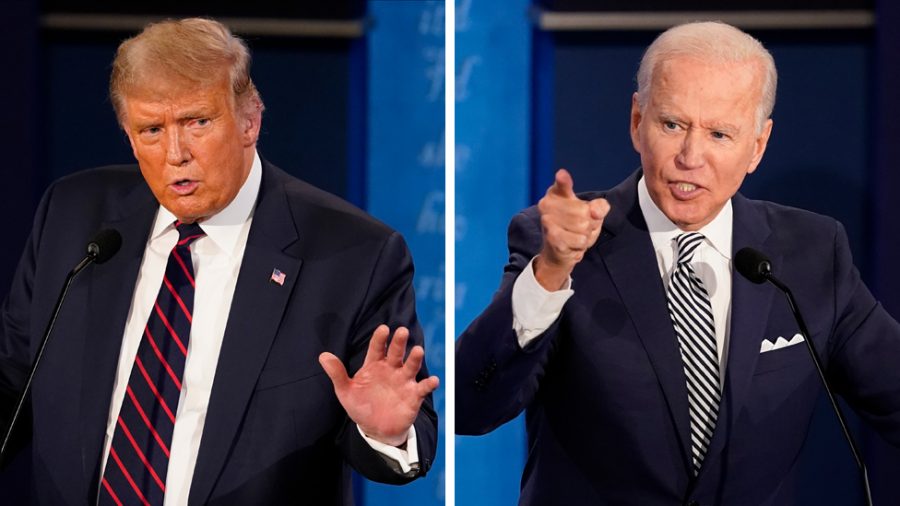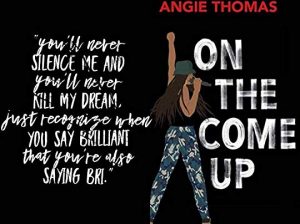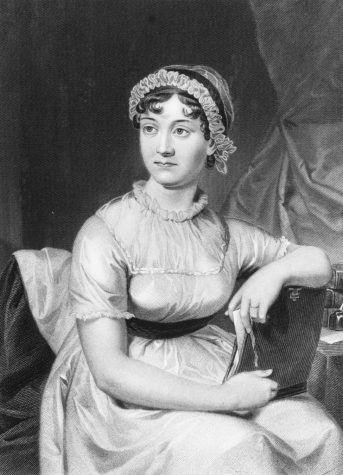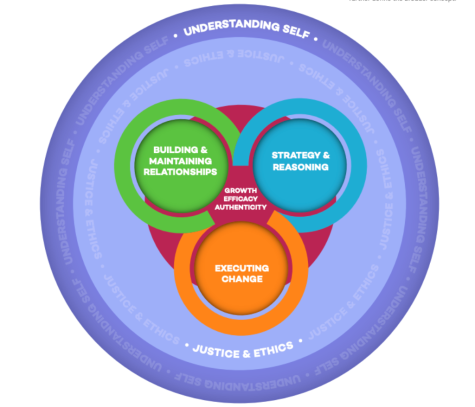A Debater Judges the Presidential Debate
October 15, 2020
Even if you didn’t watch the first presidential debate between President Donald Trump and Former Vice President Joe Biden, chances are that you’ve heard about it. At the time of writing on October 11, 2020, the second presidential debate has been canceled. But based on how the last debate went, I wouldn’t have expected it to be very productive anyway.
The first debate was bad. It was so bad, in fact, that it’s been called the Worst presidential debate in history. And as someone who spends her Saturdays debating, it quite frankly made me recoil in disgust. I compete in a format called Lincoln-Douglas Debate, named for the series of famous historical presidential debates. Because of this, I’d like to give my opinion on exactly where the two competitors went wrong. If you find yourself wondering what my qualifications to judge this debate are, there’s a handy article right here.
I’m setting some criteria for how I will give my scores. I will score the debaters in the same way that high school debaters are scored: I will give a point score out of 30, and then decide a winner. Just like in high school debate, the person with the highest score doesn’t always win: the 30 points are “speaker points,” a measure of in-debate decisions and performance, but the winner is who I thought ended up on top overall.
I won’t be considering what I’m going to call “unfounded attacks.” I’m only going to be judging based on policy positions and political history, which means that anything about Hunter Biden is staying out. With that out of the way, let’s judge some debate!
Donald Trump:
President Trump is either a genius, or he has no idea what he’s doing. Either way, his debate strategy shows a little bit of both. He began the night with guns blazing, ready to antagonize Biden. And it worked. He seemed to treat the debate as a business negotiation rather than an informative program.
Trump was able to throw Biden off of his rhythm, which immediately put the debate in his favor. Donald Trump works much better in an offensive position, so by forcing Biden to play defense, he can take control of the debate and play to his strengths. Here’s where I see an issue with the interrupting strategy: Joe Biden has a tendency to make mistakes when speaking for an extended period. By interrupting him, Donald Trump cuts Biden short and allows him to take a pause. I can only speculate, but if Biden had been allowed to keep speaking, it’s more likely that he would have slipped up and reaffirmed Trump’s “Sleepy Biden” narrative. Additionally, Trump didn’t really answer the majority of the questions, but that’s to be expected in a debate like this.
Politicians use the debate stage as a glorified advertisement, and they have been for a long time. However, I do think that candidates should at least give a semi-answer before shifting into another subject. Unfortunately, that didn’t really happen. Trump also made some odd, vague claims without factual evidence backing them up.
One notable example was Trump’s response when pressed on climate change. Trump claimed “our numbers are doing phenomenally” (what numbers?) and “people are very happy with what’s going on” (what is going on?). The President also claimed to want “crystal clear waters” but his method to achieve them isn’t mentioned whatsoever.
This is an issue because Biden had specific examples to answer this question. He also spoke about how forest management is an issue to address because it’s the cause of the California fires (rather than climate change being the cause). But according to this article by the BBC, that’s not really the case. Also, he refused to condemn white supremacy, which was weird, to say the least.
Score: 15
Joe Biden:
While I thought that Biden was more prepared, he was prepared for the wrong thing. The former Vice President gave some great answers when the debate was actually fairly on-topic. He did a great job of using ethos, appealing to the audience’s emotions, with quotes about how people watching at home may have empty seats at their breakfast tables due to COVID-19.
In contrast, Trump is a populist president, and he has a large support base in the working class. He wants to appeal to “common people” who don’t believe in Washington elitism. But if Biden can flip that group, Trump is going to be in trouble this November. Do I think that Biden’s efforts in the debate could realistically change the opinions of that group? No, probably not. But his answers were motivating and heartfelt.
Now here’s where I cringed: Joe Biden let his age show with some of his answers. There was a moment during a discussion on the Green New Deal where Biden states that he doesn’t support it. Moments later, Trump asks him about how he would pay for the Green New Deal, and Biden claims that it would pay for itself, and begins to defend it. The moderator jumps in, confused, wondering whether or not Biden supports the policy. Biden states that he doesn’t, he supports the Biden plan. His position comes across as confused and hard to follow.
Overall, the exchange makes him seem incompetent as a speaker. Also, Biden did interrupt Trump first, and as I’ve stated, the aggressive interrupting game definitely benefits Trump more. Because he actually answered the questions, I really want to give Biden a higher score than I did. But interrupting Trump first was just such a strategically poor move that I have to lower Joe Biden’s score.
Score: 16
Conclusion
So who won? If I had to choose a winner based purely on my interpretation of the “arguments,” Joe Biden is my pick. He began the debate politely, and didn’t give rambling answers, whereas I think that’s something that Trump fell victim to. Trump’s answer on his Supreme Court nominee seemed like it was going nowhere. I also think Biden used Trump’s past actions to more of an effective advantage, especially talking about affordable care policy on the Supreme Court question.
Biden did a decent job of staying fairly calm as Trump interrupted him, which is a difficult feat, so I do give him credit there. However, I do think that when Biden was asked point-blank about why he would be better than Trump, his answer was lacking in concrete examples. Biden also had a direct plan for voters when asked about election security by telling them to go to iwillvote.com.
Joe Biden also won by comparison to Trump when Trump refused to condemn white supremacy. I think Biden handled the Antifa argument well. On the question about urging supporters to stay calm during the election, Biden’s simple “yes” looked much better than Trump’s convoluted and defensive answer.
However, my real answer is that Biden won the battle, but Trump is winning the war. While Biden’s performance was better by my standards, Trump’s performance isn’t going to turn his supporters away from him. Trump has always behaved the way that he did in this debate. In the 2016 debates, he had a similar delivery style. If someone supports Trump, they haven’t been swayed by his behavior before.
Biden’s problem is that the people who oppose Trump are split into two factions: people who share his views, and people who supported Bernie Sanders. Biden has to do a significantly larger amount of work to sway his party to vote for him, whereas Trump obviously has a loyal following. Trump doesn’t need to worry about gaining new supporters. He’s the president; he primarily needs to focus on keeping supporters, not gaining them. This is why I think the debate is problematic for Biden. Joe Biden needs to appear rational in comparison to Trump. And I think he does a fair job here. But he did get bogged down by Trump’s insults and interrupting. When he told Trump to shut up, Biden allowed himself to be lowered to Trump’s level.



















